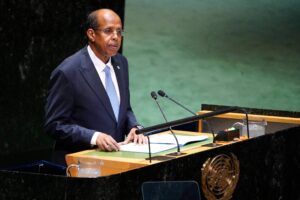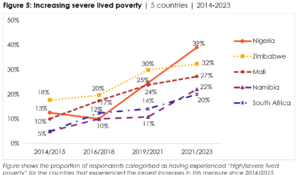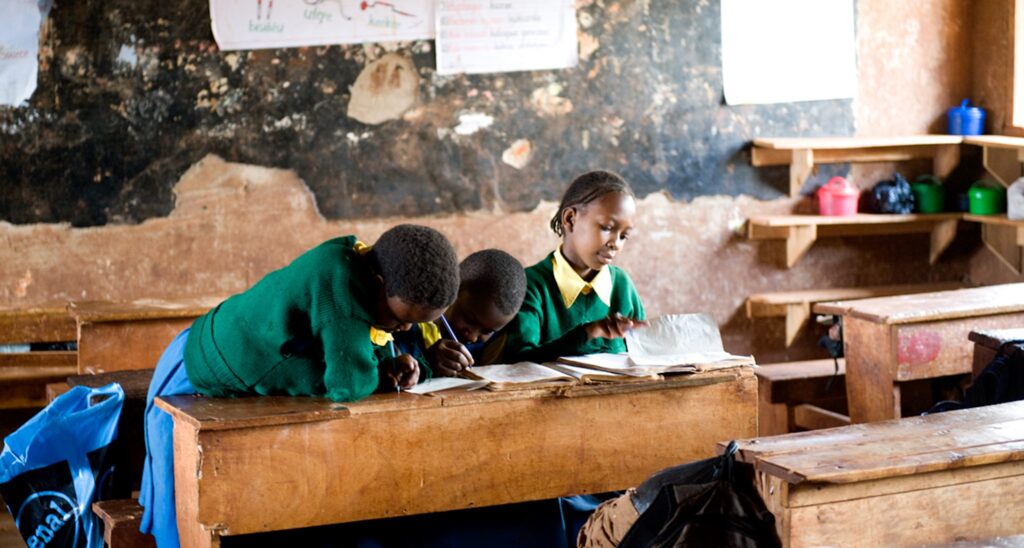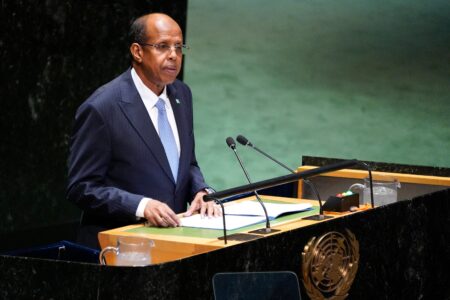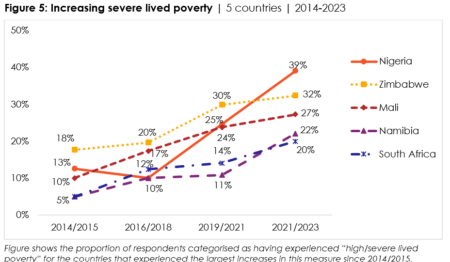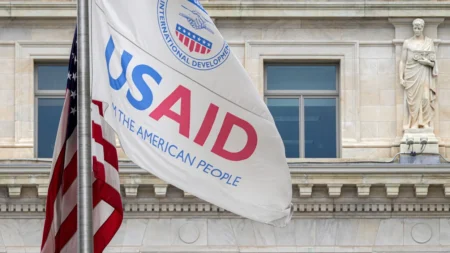- Kenya’s education sector is set to receive nearly $32 million of investment from the United States to support new partnerships between the two countries.
- part of the investment, $850,000, will go towards supporting the Ed-tech Africa initiative
- The funding includes a new $24.5 million early-grade literacy program.
- USAID Counselor Clinton White signed the deal alongside Kenyan Prime Cabinet Secretary Wycliffe Mudavadi.
STEM education is a teaching approach that integrates Science, Technology, Engineering, and Mathematics related fields. Kenya’s education sector is set to receive nearly $32 million of investment from the United States to support new partnerships between the two countries. This is to drive innovation, research, and job growth in the country’s Science, Technology, Engineering, and Mathematics (STEM) related fields.
The funding announcement was made during the strategic partnership signing event in Atlanta, USA, during President William Ruto’s four-day US visit.
The US expects the deal signed on Tuesday to establish linkages, partnerships, exchange programs, and other relationships for sharing and developing Kenyan higher education institutions’ STEM, advanced manufacturing, and ICT capacities.
It includes a commitment from Microsoft and the Mastercard Foundation to support STEM education through higher education partnerships, and a commitment from US universities to partner with Kenyan institutions to build mutual capacity in related courses of study.
STEM Education Receives $32 Million Investment
Part of the investment, $850,000, will go towards supporting the Ed-tech Africa initiative, a public-private partnership program recommended by the President’s Advisory Council on African Diaspora Engagement (PAC-ADE) to promote STEM partnerships between Historically Black Colleges and Universities (HBCUs), the Open University of Kenya, Mastercard and Microsoft.
It further entails a $6.5 million new project in the country that aims to connect STEM graduates with jobs in fast-growing sectors like information and communication technology and manufacturing of textiles and pharmaceuticals.
The funding includes a new $24.5 million program on early-grade literacy, to ensure that more Kenyans are prepared with the foundational skills they need to succeed in higher education.
As the United States and Kenya celebrate 60 years of bilateral relations, and recall the positive and enduring impact of Kennedy-era assistance to help East Africans study in the US, known as the student airlift, the US also announced the ‘Kennedy-Mboya Partnerships to support a new, 21st century scholarship program focused on STEM as the field of the future.
Read Also: AI in Africa: Building resilient education systems, how new tech can help
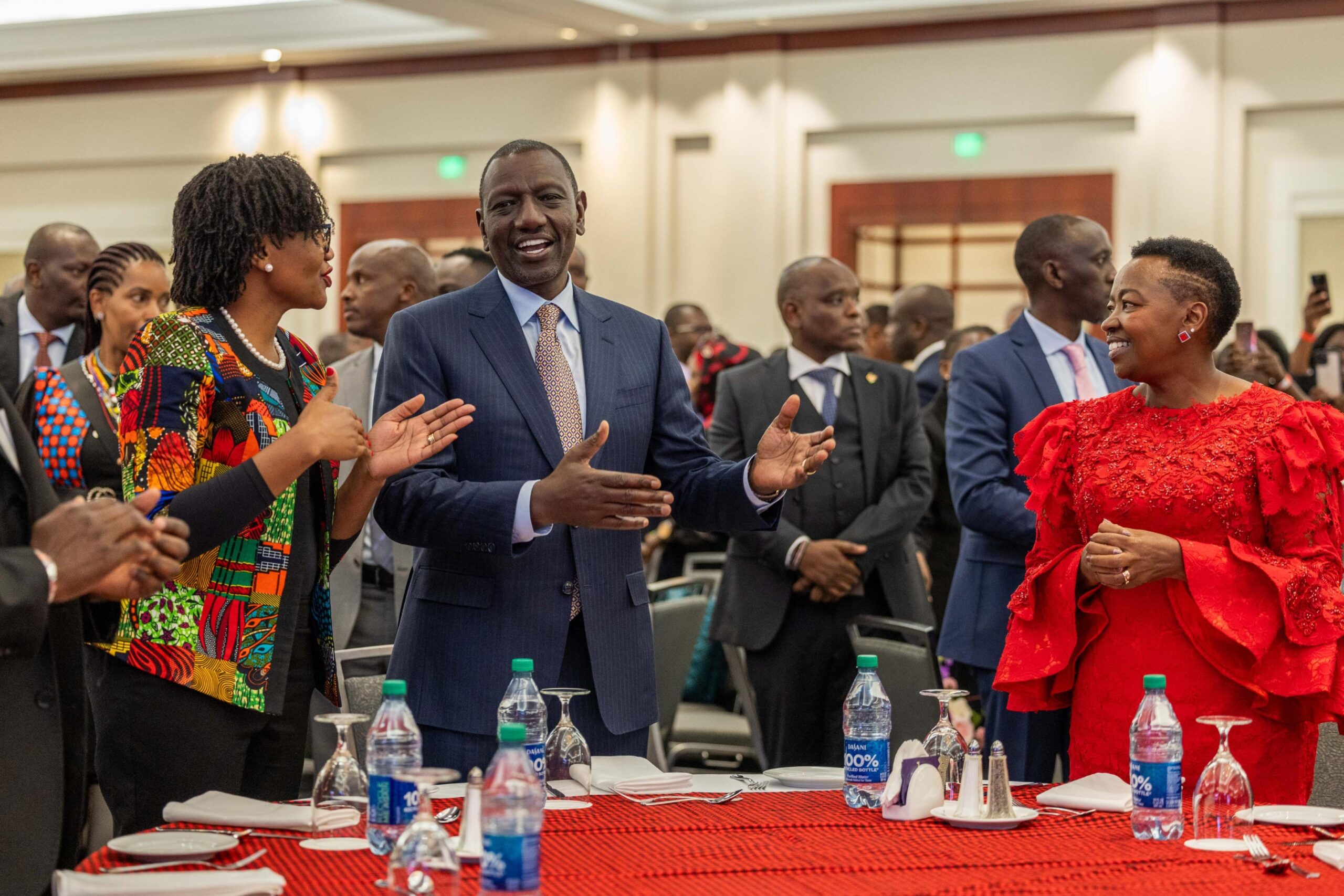
President Ruto said he was confident the initiative will also support global security.
“Such a partnership would develop curricula closely aligned with industry requirements, equipping young people with essential skills in ICT, green technologies, renewable energy installation and sustainable construction practices,” he said.
He expressed concern over the persistent underrepresentation of women in Science, Technology, Engineering and Mathematics with a hope that the opportunities that are to come with the new partnership will act as a remedy.
The United States has a longstanding partnership with Kenya, actively supporting the country as a pioneering force and regional engine for innovation.
This new partnership in the area of STEM education, according to USAID, will prepare a generation of innovative Kenyan leaders to meet evolving market demands and advance the nation’s economic development.
USAID Counselor Clinton White signed the deal alongside Kenyan Prime Cabinet Secretary Wycliffe Mudavadi.
Ruto’s four days’ visit in the US had a full in-tray focusing on issues such as economic prosperity, trade and investment, defence cooperation, democracy and governance, multilateral and regional issues as well as health cooperation.
Read Also: How Aga Khan Academies Mombasa parents transitioned to online learning
A Timely Boost for Kenya’s Education Sector
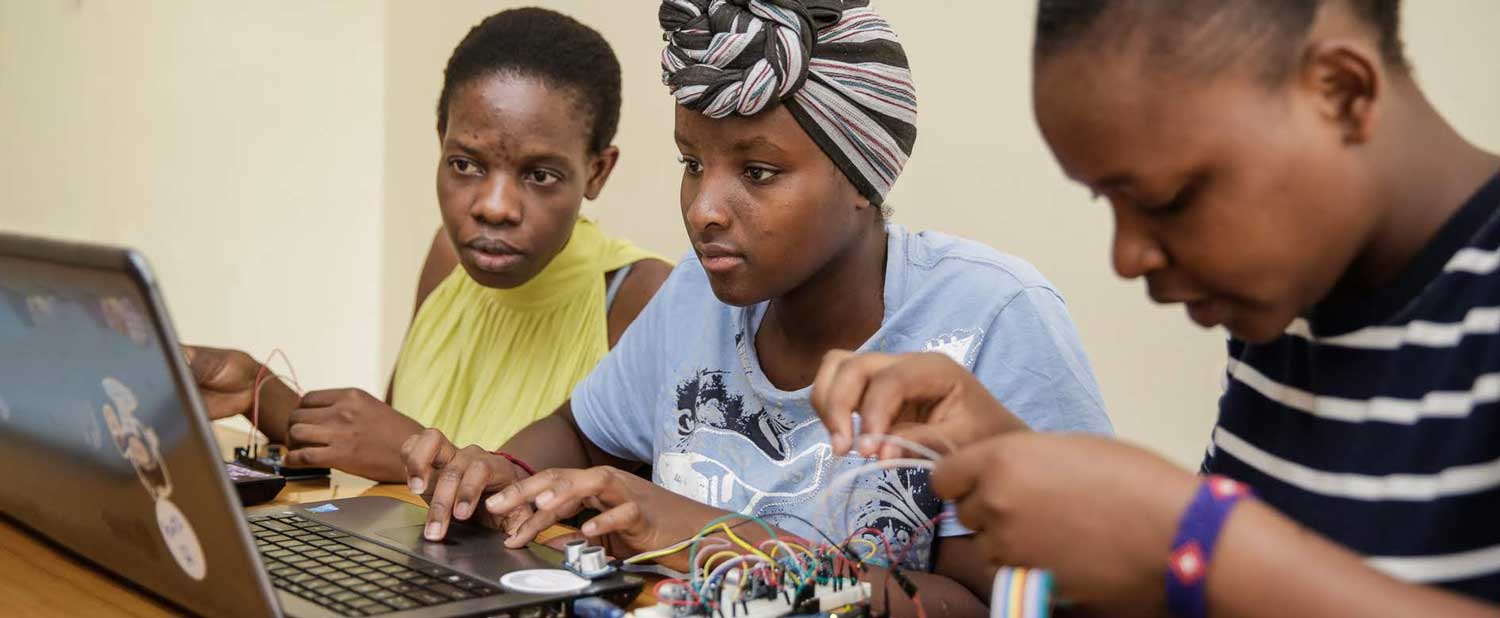
Education stakeholders in Kenya are opposed to the move by President William Ruto’s administration to cut the budget meant to facilitate smooth learning in public schools across the country.
Besides layoffs, the cut will also cause delays in salary payments of teachers employed by school boards and non-teaching staff mainly in secondary schools.
Last month, Education Principal Secretary Belio Kipsang appeared before the National Assembly Public Accounts Committee confirming the government’s decision to cut school funds and the delay in releasing the funds.
He cited stagnant funding from foreign donors as well as reforms in the national curriculum that are expected to reduce the population in secondary schools.
